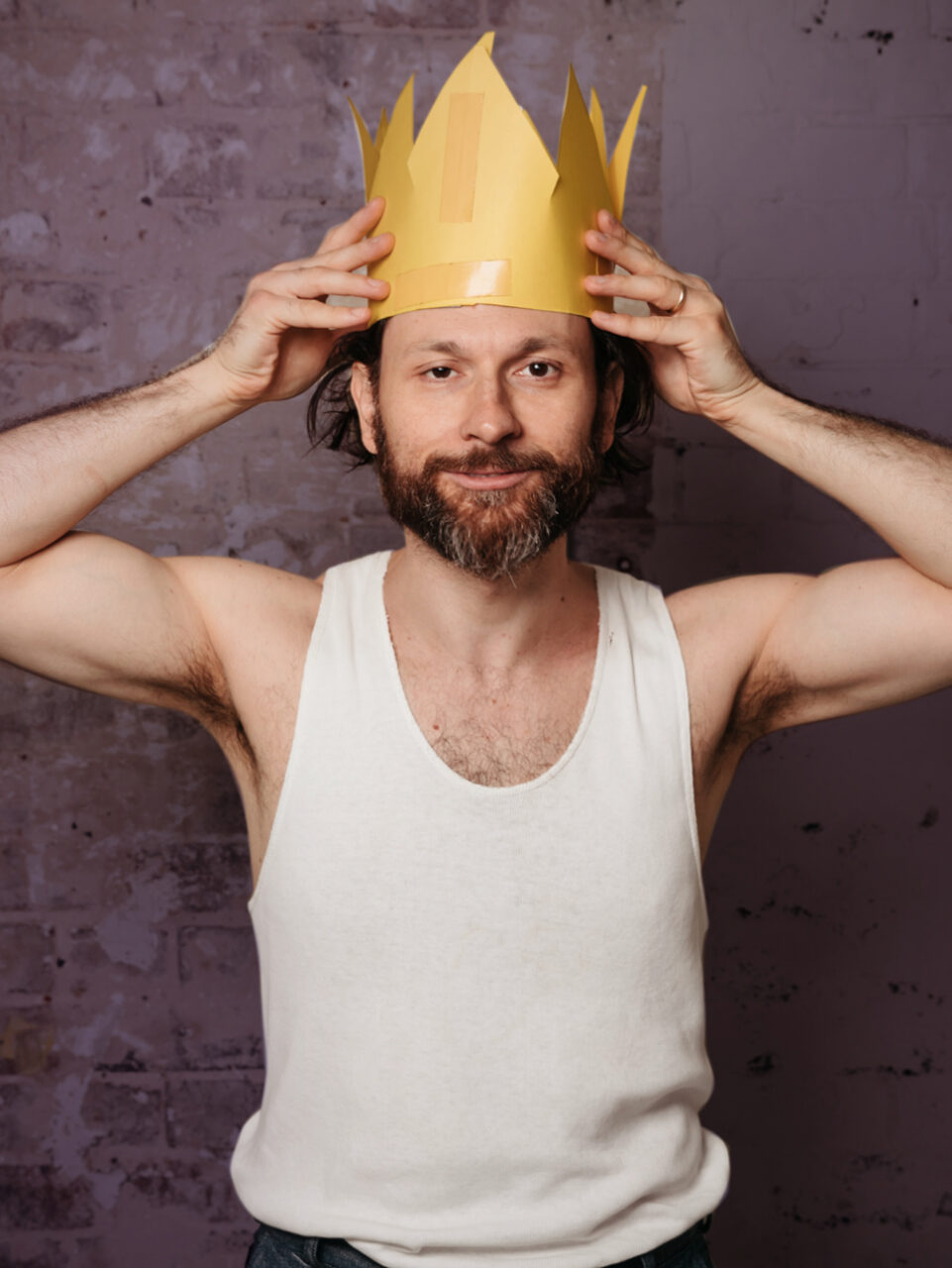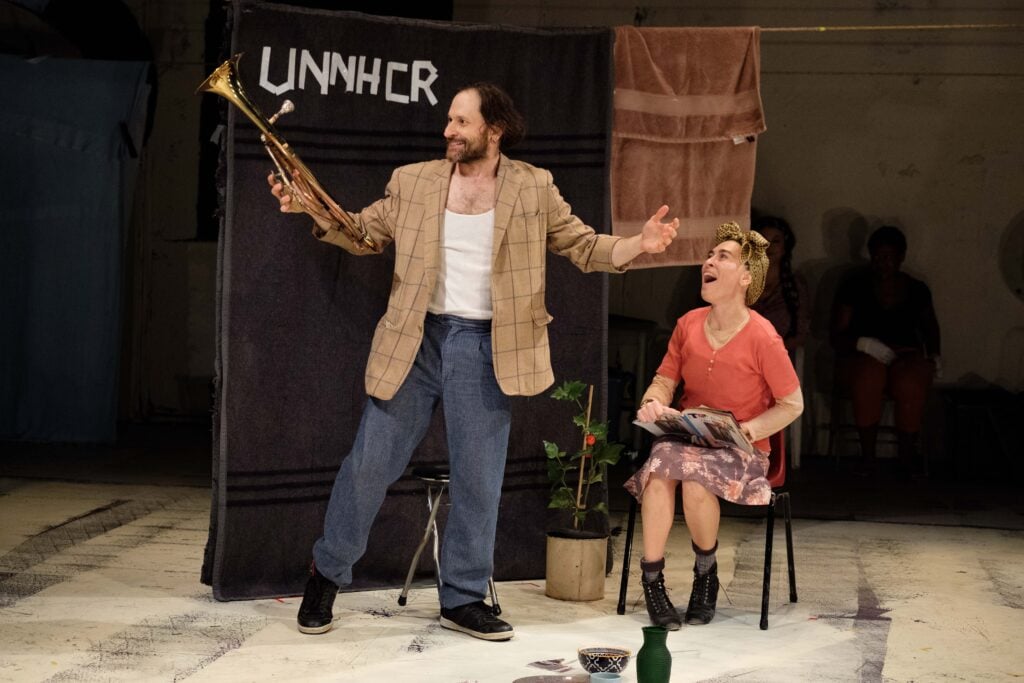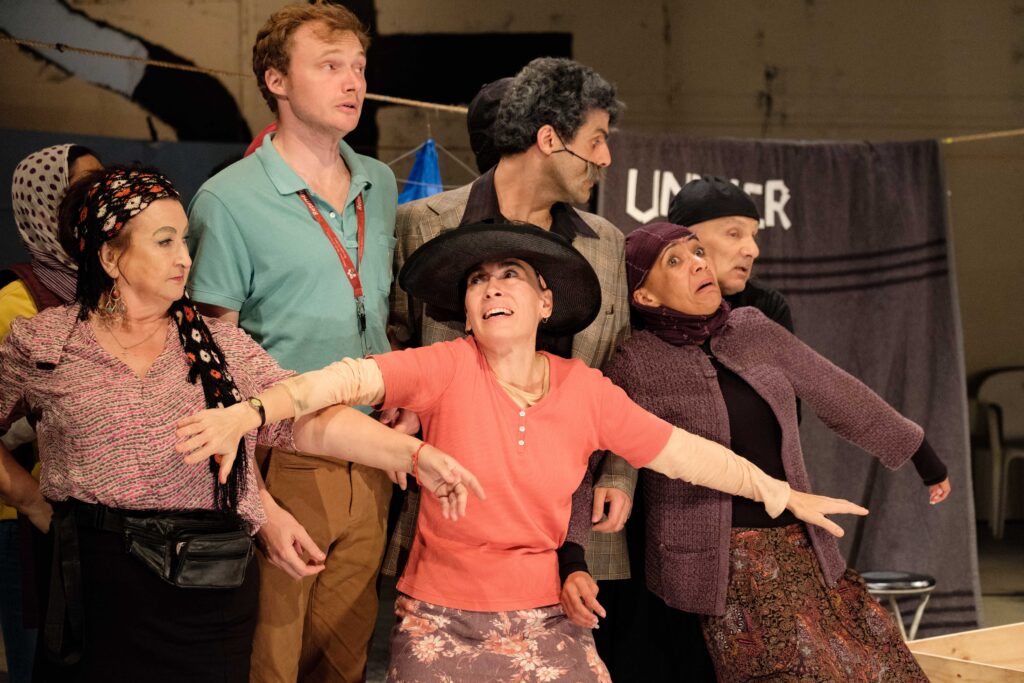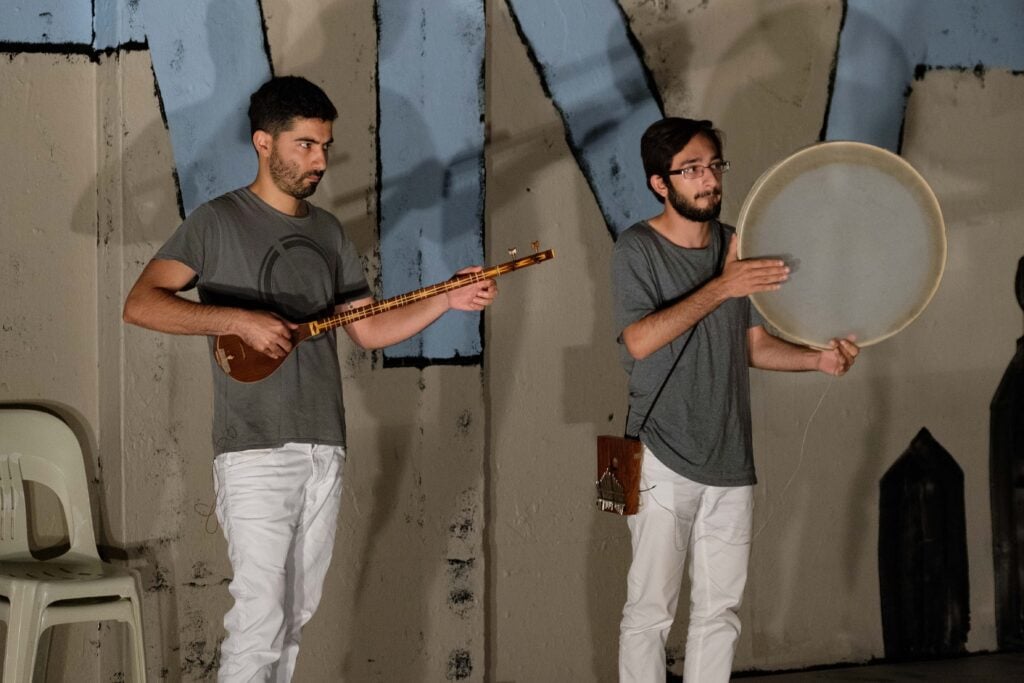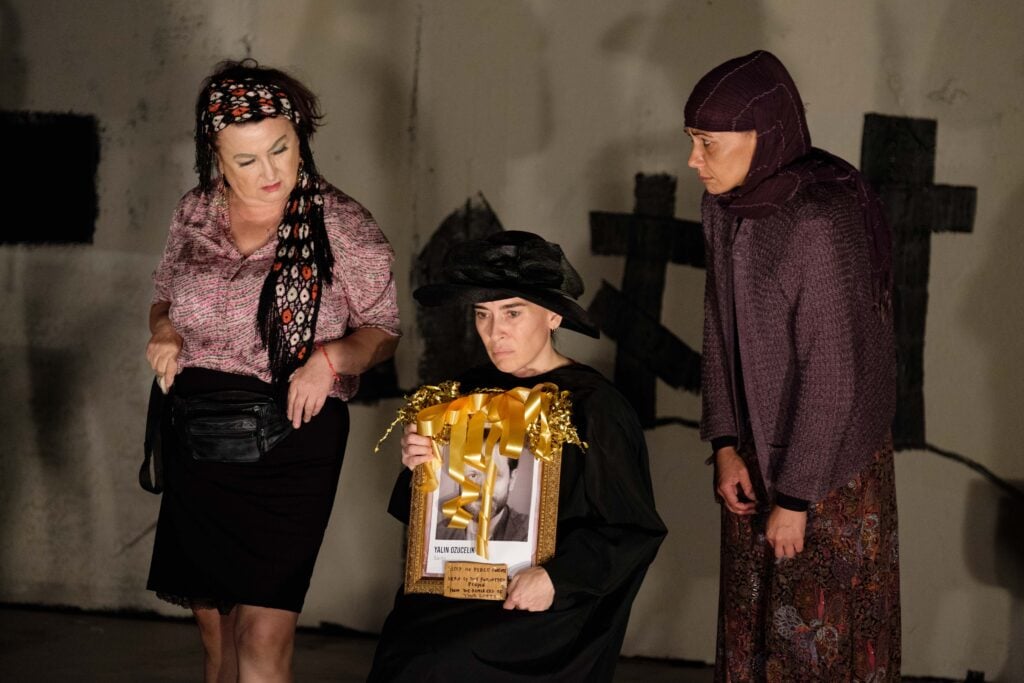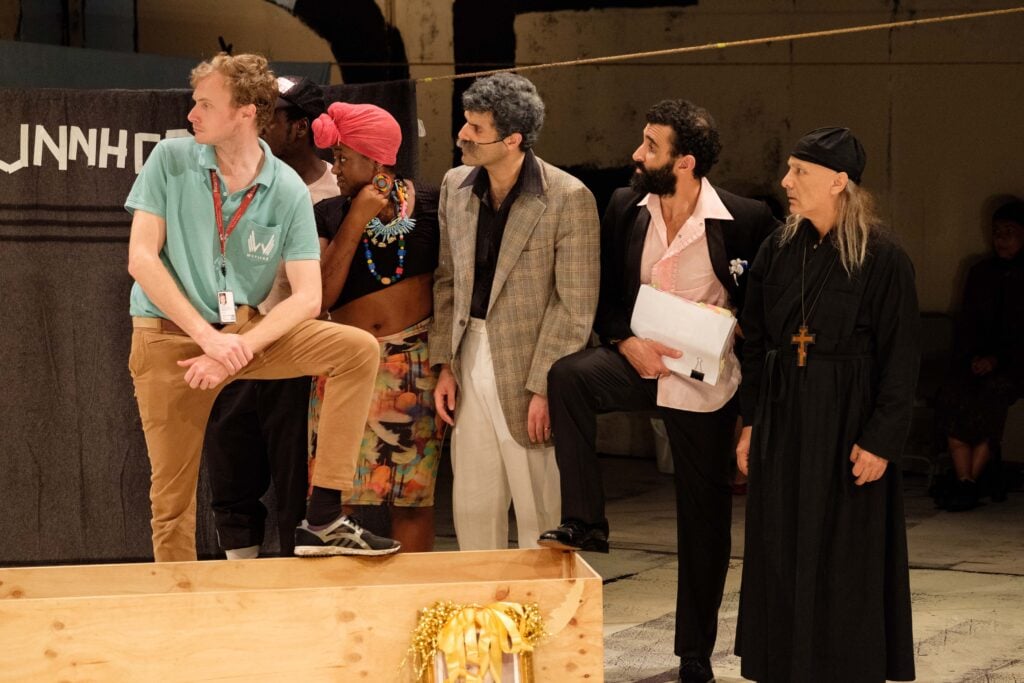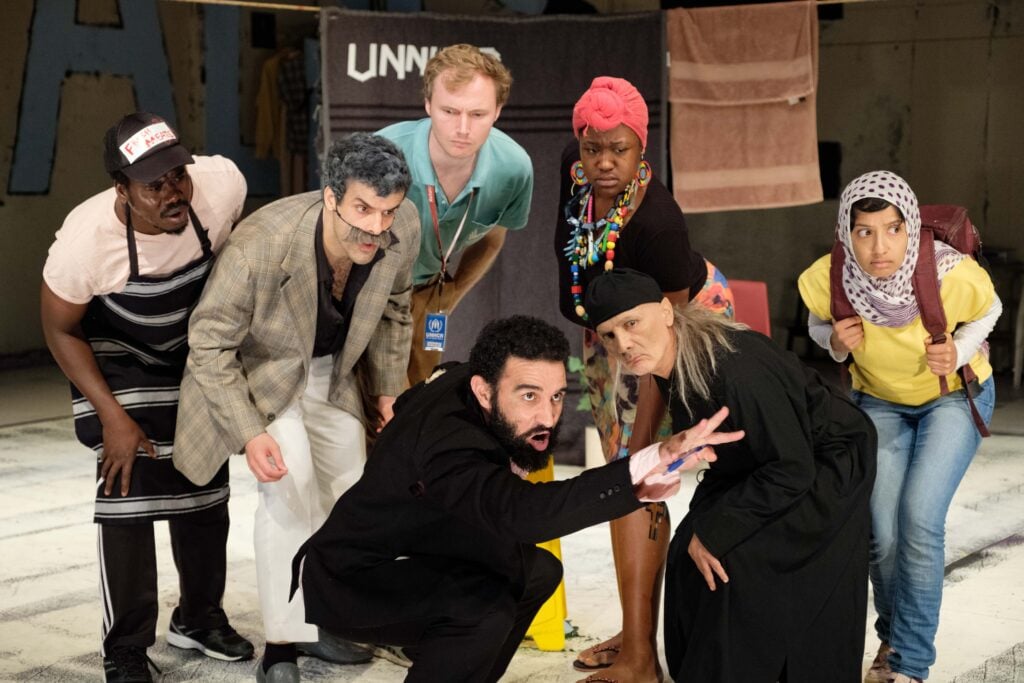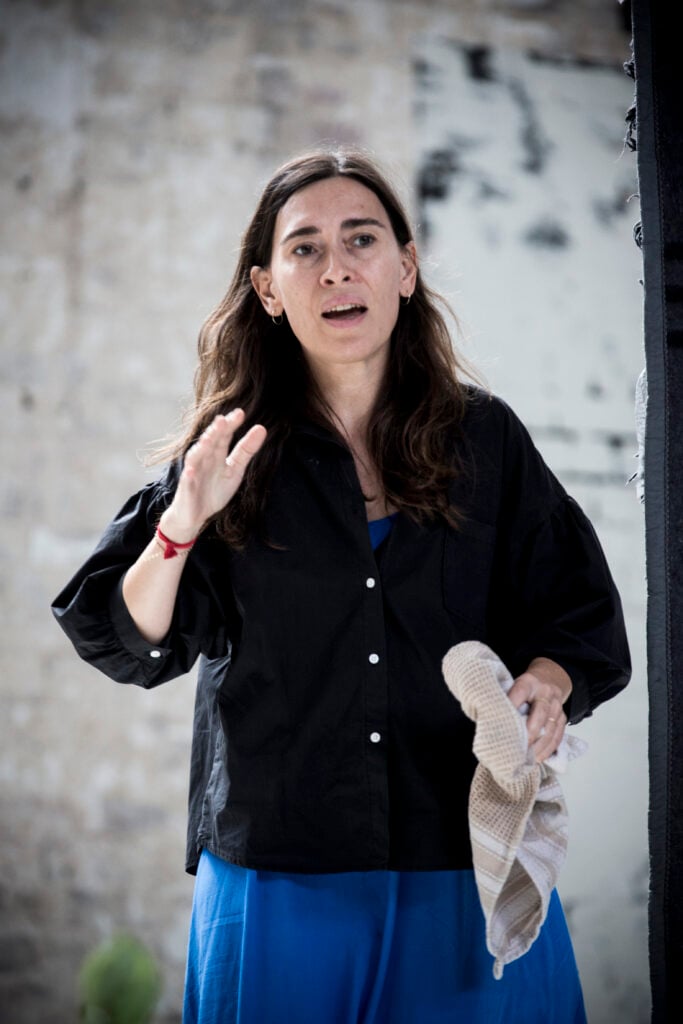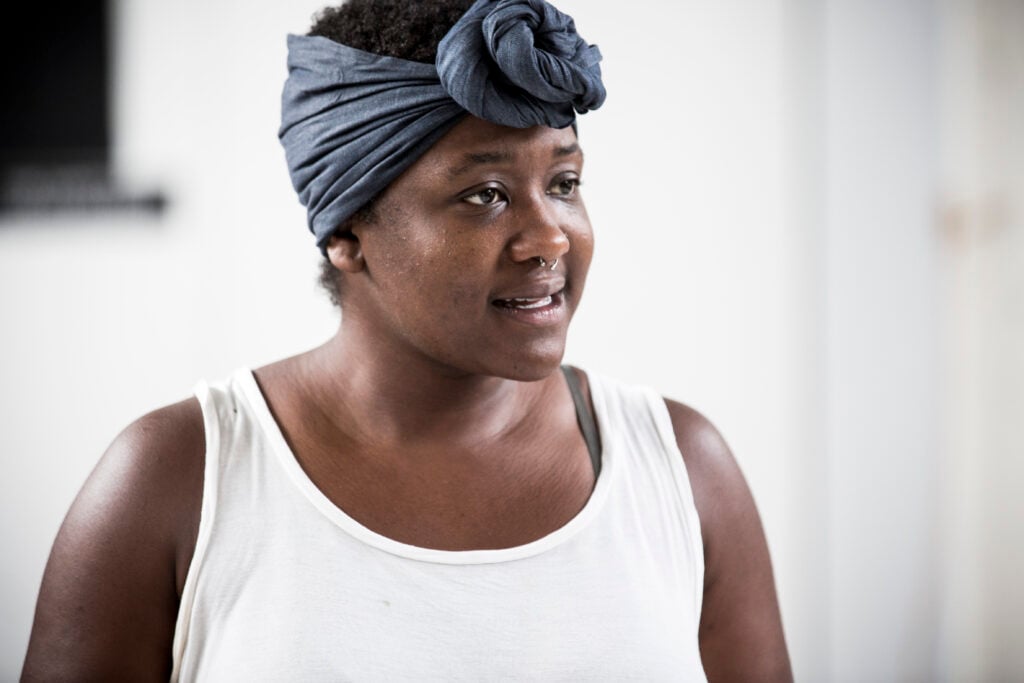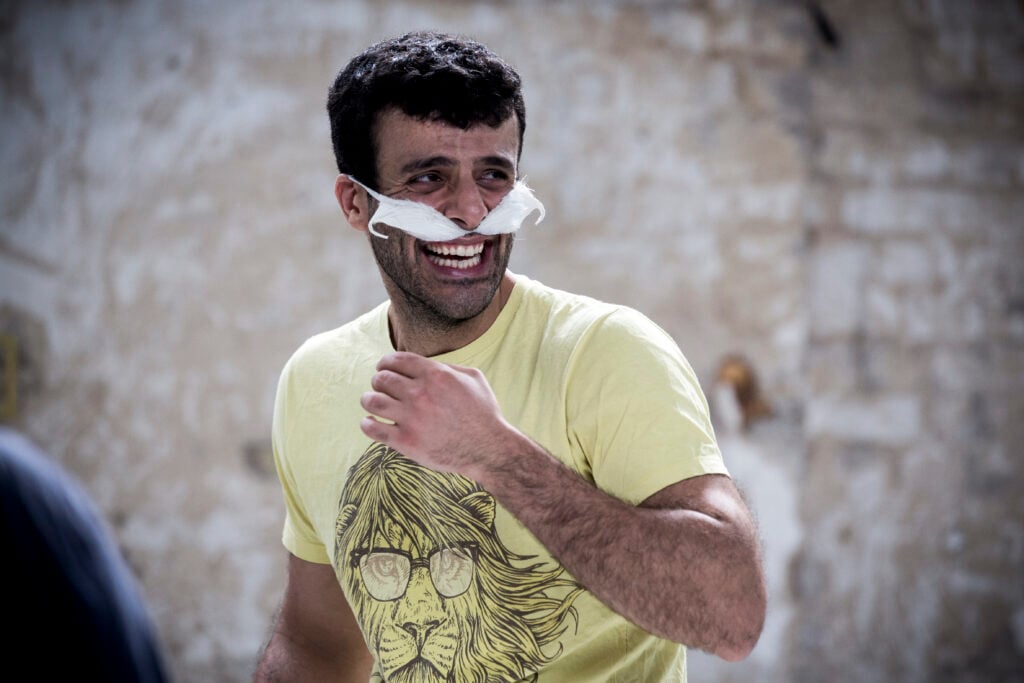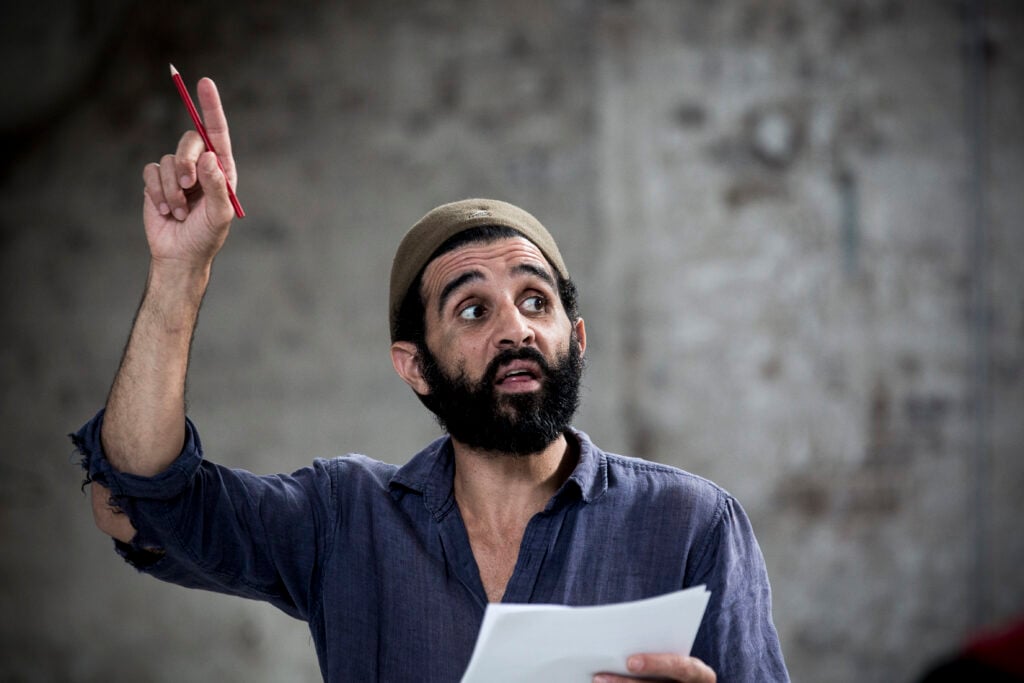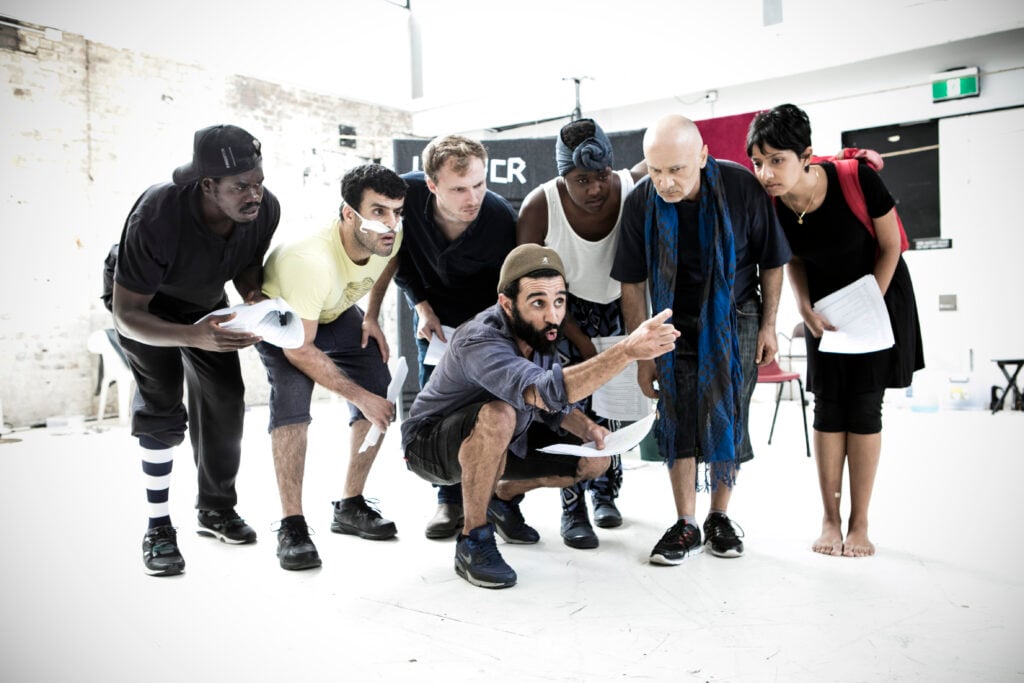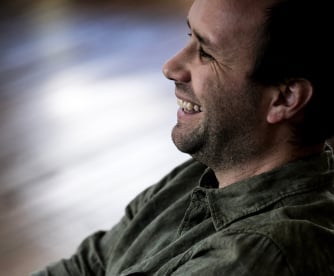Nikolai Erdman had a remarkable impact on Russian theatre, despite writing only two full-length plays, of which one was banned before it even made it to the stage.
Critics and contemporaries agree that Nikolai Erdman is one of the greatest Russian playwrights since Chekhov, and his two plays are regarded as classics of 20th-century comedy.
Erdman was born in Moscow on 16 November 1900, the son of a Baltic-German father and a Russian mother. Before he was even 20, the young writer had witnessed failed uprisings against the corrupt and backward administration of Tsar Nicholas II, Russia’s disastrous experience in the First World War, the Tsar’s abdication, the Bolshevik Revolution, civil war, and the consolidation of a communist government. This social and political turmoil fuelled Erdman’s passion for writing, particularly comedy and satire.
As a teenager, Erdman was an avid poet, drawing inspiration from Vladimir Mayakovsky’s satirical works. Erdman made his literary debut in 1919, publishing a few well-crafted poems. He became a member of a group of like-minded poets who called themselves the Imaginists, led by famed provocateur Sergei Yesenin. At just 19, he was drafted into the Red Army where he served as a scribe. When the poet returned home, he found a very different Moscow. Tsarist repression was over and Stalin’s tyranny was yet to come – and Russia was entering the extraordinary period of the New Economic Policy (NEP).
Due to the commercial freedoms permitted by the NEP, a host of small theatres began to crop up in Moscow. There was suddenly a demand for dramatic texts, particularly satirical parody, and Erdman seized the opportunity to demonstrate his comedic flair. His first major success came when he was asked to co-author a revue for the newly-founded Moscow Academic Theatre of Satire. Moscow from a Point of View premiered in October 1924 and quickly became one of the hottest tickets in the city. Soon, the young writer came to the attention of the great theatre director Vsevolod Meyerhold. When he heard that Erdman had been putting the finishing touches on his first full-length play, Meyerhold secured the rights to it and The Mandate premiered in the director’s new theatre in 1925.
The play was an immediate success and Erdman became the talk of the town. Set in Moscow during the early days of Stalin, The Mandate (also known as The Warrant) attacks the sinister loss of individual identity in the aftermath of the Russian Revolution, but does so with hilarity. It was praised by Anatoly Lunacharsky, the Commissar for Culture, as “the first truly Soviet play” and Erdman was compared to every great Russian playwright or comic writer of the past including Gogol, Sukhovo-Kobylin and Chekhov. Pavel Markov, one of Russia’s finest theatre critics and scholars of the 20th century, called The Mandate “the beginning of a new theatre”.
Along with stellar reviews, The Mandate also proved one of Meyerhold’s biggest box office hits. The production took less than one year to reach its 100th performance, which was unheard of at the time and the director was unsurprisingly keen to commission another play from Erdman. Meyerhold had some competition with the celebrated director Konstantin Stanislavsky also vying to direct Erdman’s next work. However, bigger challenges would emerge.
When Erdman completed his second play in1928, the atmosphere in the country had changed dramatically. Joseph Stalin seized power and the NEP was dissolved, with social and economic life in Russia shifting towards totalitarian control. It was in this context that Erdman delivered The Suicide, a comic drama about a man whose declaration to kill himself is hijacked by those around him. With its assertion of individual power, the subversive work ended up being Erdman’s own tragic artistic suicide note of sorts.
The Suicide was first banned by the censor on 25 September 1930 following initial readings in early April. However, support for the play endured and Stanislavsky wrote to Stalin in an effort to overturn the decision. Stalin eventually agreed, but noted that some of his “closest comrades consider it empty and even harmful”. Stanislavsky took the hint and abandoned rehearsals, but Meyerhold’s theatre seized the challenge and rehearsed the play throughout the summer of 1932. At a dress rehearsal to a closed audience of high-placed officials, Lazar Kaganovich, one of Stalin’s right-hand men, nonchalantly told Meyerhold afterwards that “there’s no need to work on this play”. Production ceased and The Mandate, which had been playing to packed houses, was also closed down.
A year later on 10 October 1933, Erdman was arrested along with Vladimir Mass, his frequent writing partner. The official explanation was that they had written a series of anti-Soviet fables, but it’s clear that the real culprit was The Suicide. Erdman was sentenced to three years’ exile in Siberia, and a further ten years’ banishment from the capital. Some have reflected that Erdman was fortunate to be exiled so early, before Stalin’s truly brutal repressions really got underway. Tragically, Meyerhold, perhaps Erdman’s greatest champion, was executed in 1941 as a “foreign spy”.
Following his sentence, Erdman was not permitted to reside in Moscow or associate with his former circle of artistic comrades, but he did not stop writing. While he never wrote another stage play, Erdman turned his talents to screenwriting, penning some of Russia’s most popular features and animated films from the 1930s to the 1960s.
The Suicide had to wait 40 years to be performed, but it finally premiered in Sweden in 1969. Erdman reportedly sat up all night next to the phone anxiously awaiting the reviews. They were terrific. The play was subsequently staged throughout the 1970s and 1980s by a staggering number of theatres around the world, and was finally performed in the Soviet Union in 1982. Sadly, Erdman never witnessed this homecoming; the great playwright died on 10 August 1970.
References
D. Donnellan, ‘Dangerously Funny’, The Guardian, 2004
J. Freedman, The Major Plays of Nikolai Erdman, Russian Theatre Archive, 1995
G. Raby & A. MacAlpine, The Suicide: A Study Guide, Brock University, 2012


